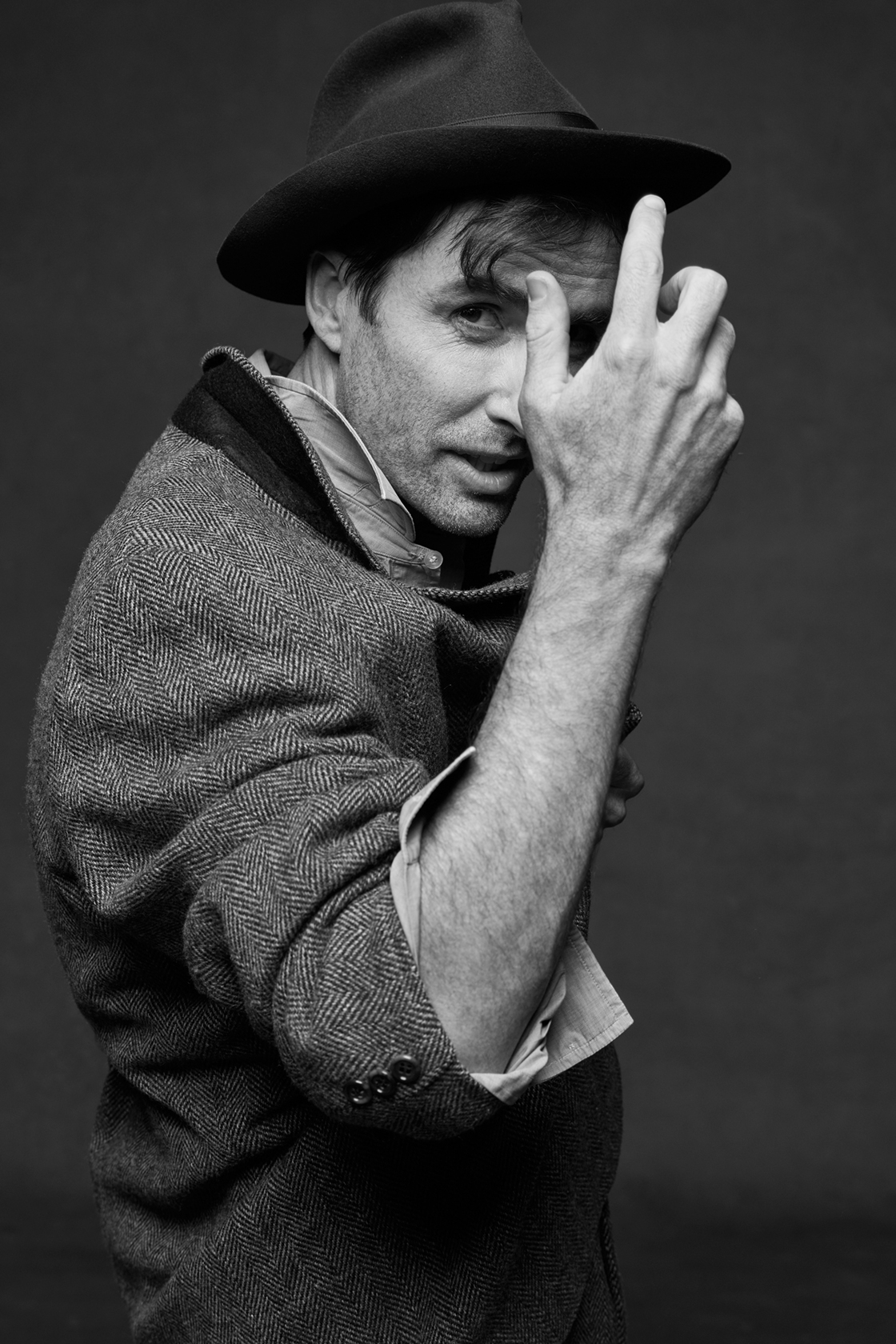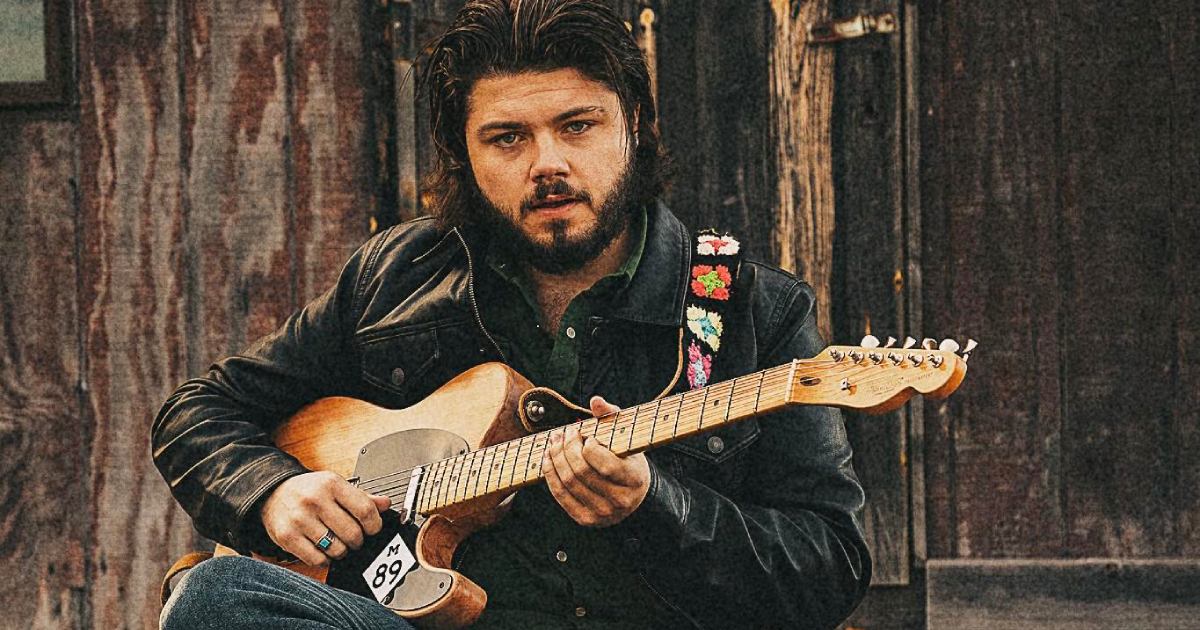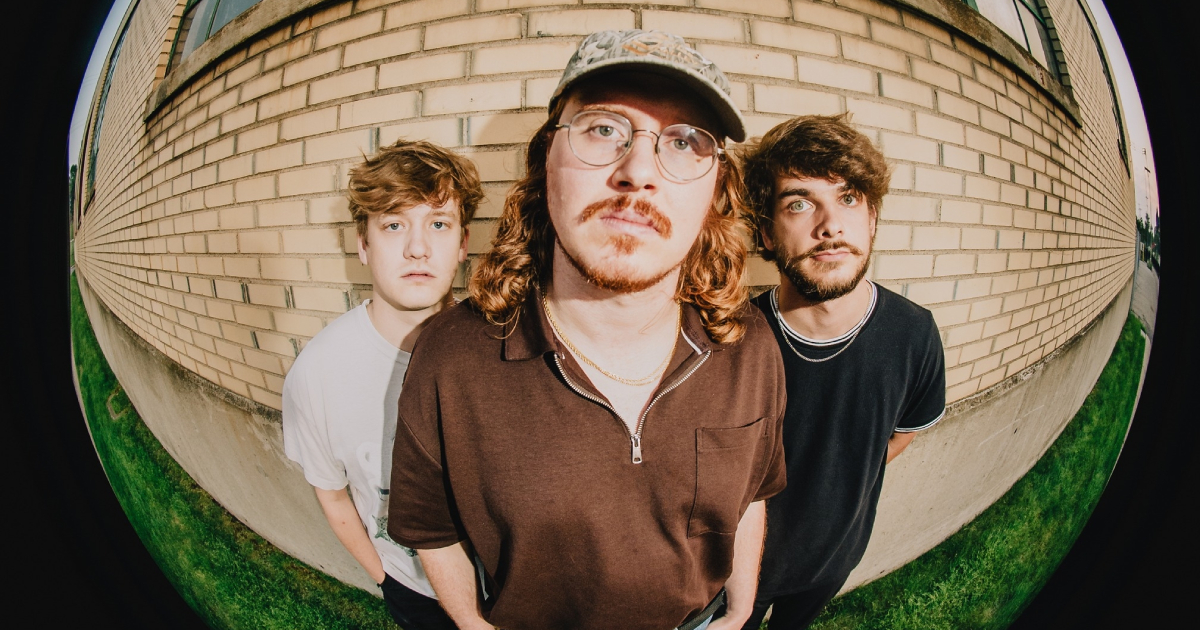Internationally acclaimed singer/songwriter Andrew Bird has made a career out of crafting a masterful mixture of music. Raised on the violin from age four, he earned a performance degree on the instrument from Northwestern University, before exploring the swing-jazz revival of the mid-’90s with Squirrel Nut Zippers and his own project Bowl of Fire. By 2003, he had branched out solo, experimenting with looping pedals and pioneering the live multitrack experience.
Now 12 albums into an eclectic solo career that has meandered from old-time Appalachia to indie-rock clubs, he has taken politics head-on with his latest LP, My Finest Work Yet, released earlier this year. Inspired by gospel-jazz records of the ’60s and obsessed with the effect space has on sound, he recorded most of the album live with his band. The experience challenged the inimitable performer to rise to new heights, as he lyrically found himself ready to shout down from the mountaintop.
Revue got ahold of the virtuosic violinist last month ahead of his return to Frederik Meijer Gardens & Sculpture Park on July 18.
You’ll be performing outdoors at the Meijer Gardens Amphitheater when you return. What do you enjoy most about having the opportunity to play your music outdoors?
I play and sing differently outdoors. Without the sound bouncing back off the walls of a room you just keep pushing to the horizon so it’s a more physical and sometimes a more ecstatic experience.
On the flip side of that, what are some of the biggest challenges of presenting your music outdoors?
I’ve played Meijer Gardens twice before and it’s about as ideal as it gets. It’s the big festivals which are ‘throw and go,’ as we say, that are always dicey whether you can hear yourself. I don’t mind a little chaos though.
How much do the outdoors continue to inspire or reinvigorate you as an artist?
I learned something invaluable when I lived on a farm in Western Illinois for a few years. You can affect how you see your environment through music, but not before the environment affects you. If you see a storm roll in through a valley, pass overhead and move on, that affects how you experience time and as a result, affects your phrasing or tempo.
You wrote most of this album between the 2016 presidential election and the incident in Charlottesville, Va.? Why did you ultimately decide to make this album as political as it is?
I didn’t really decide anything. It’s mostly an involuntary reaction to being alive in this time. I just couldn’t be as abstract as I’ve been in the past so my choice of words was driven by a desire to communicate with as many people as possible while hitting my lyrical (and) melodic standards.
How much do you feel like music, especially live music, can at the very least help begin the healing process?
I’m trying to frame some of what’s happening outside of ideological talking points so that someone who isn’t on the same part of the left-right spectrum as me could say, ‘Oh, I hadn’t thought of it like that.’ I like to think that what I’m saying is kinda hard to argue with. Music offers a different frequency we can tune into, one that’s above the news feed algorithm.
You view this album, like most of your music, as an act of optimism. Why do you feel like optimism is more important than ever, especially for anyone attempting to create?
Outrage is a symptom of optimism as apathy is one of pessimism. I can easily let myself get fatalistic, but I can choose these things. As in Olympians, ‘we’re gonna turn it around,’ or Bloodless, ‘keeping mine with the altruists.’ I don’t think just making beautiful things is enough right now.
As a performer, what is it like for you to revisit some of your older songs written during a different time, both culturally or personally, and infusing them with new meaning?
I often think about where I am and what day it is when I’m singing an old song to see how the lyrics are being heard 15 years on. I still do Tables and Chairs from 2004 about how when everything falls apart, we’ll finally talk to each other like some apocalyptic block party. It has the line ‘Don’t you worry about the atmosphere or any sudden pressure change.’ That was an inside joke of sorts where ‘atmosphere’ in this case was like that of a restaurant, though aware of the double meaning. Now I sing, ‘Now I’m worried about the atmosphere.’ This is no time for inside jokes.
Andrew Bird
Wsg. Madison Cunningham
Frederick Meijer Gardens
1000 E. Beltline Ave. NE, Grand Rapids
July 18, 6:30 p.m. (Gates open 5:15 p.m.), $45
meijergardens.org, (888) 957-1580





